Optimal Timing for Land Clearings in West Fargo
Understanding the optimal timing for land clearings is essential for efficient and cost-effective projects. Seasonal conditions, soil moisture levels, and vegetation growth patterns influence when land clearing activities can be performed most effectively in West Fargo, North Dakota.
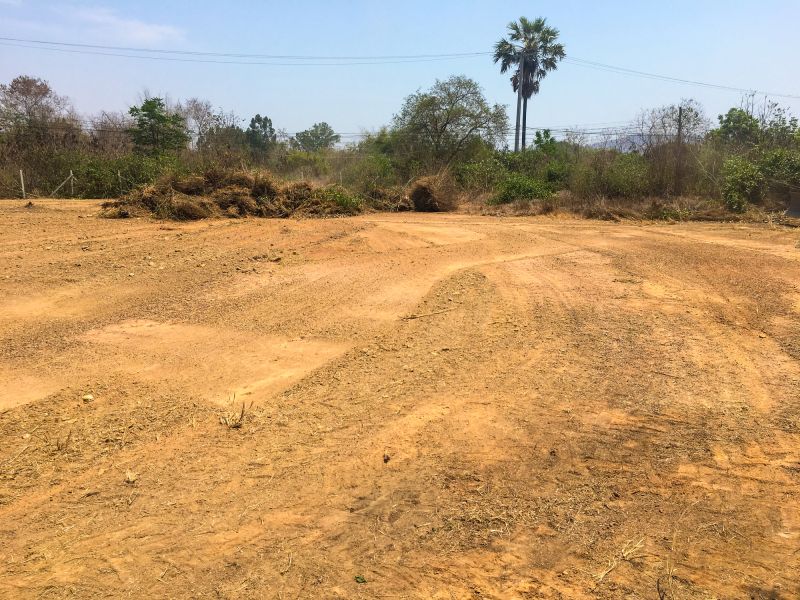
Spring offers favorable conditions with moderate soil moisture, making it suitable for land clearing before heavy vegetation growth.
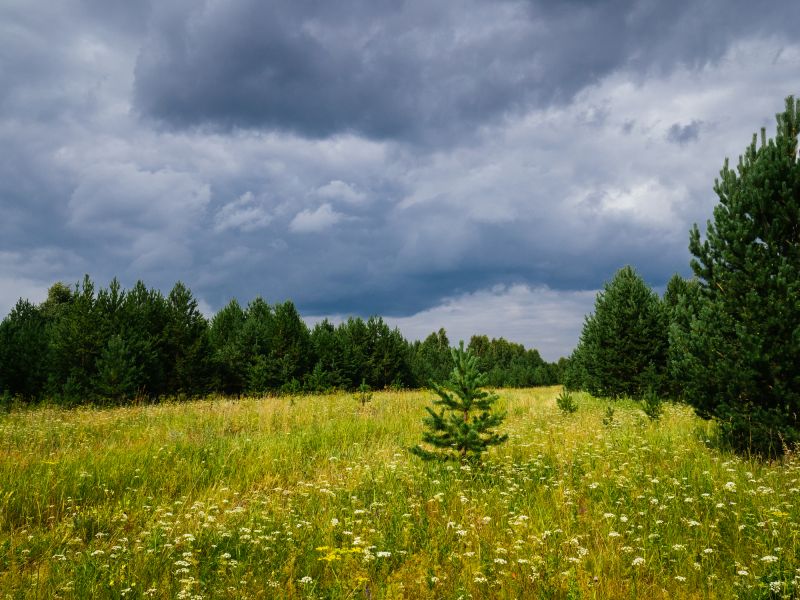
Summer may present challenges due to increased vegetation and higher soil moisture levels, but it can be effective during dry spells.
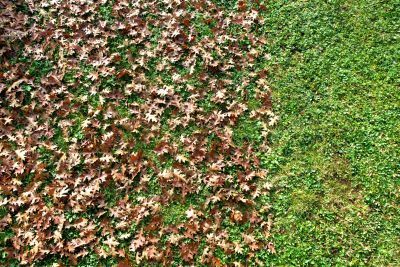
Fall provides cooler temperatures and drier soil conditions, ideal for land clearing activities before winter.
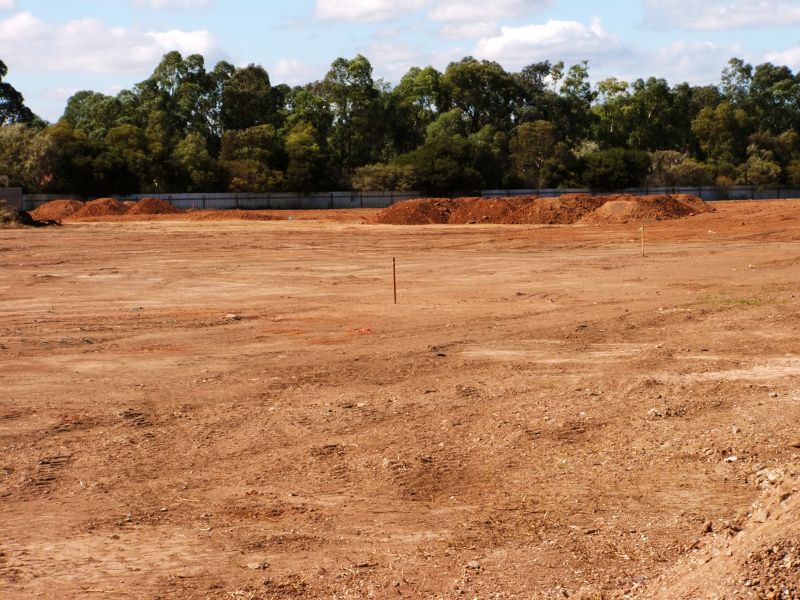
Ways to make Land Clearings work in tight or awkward layouts.
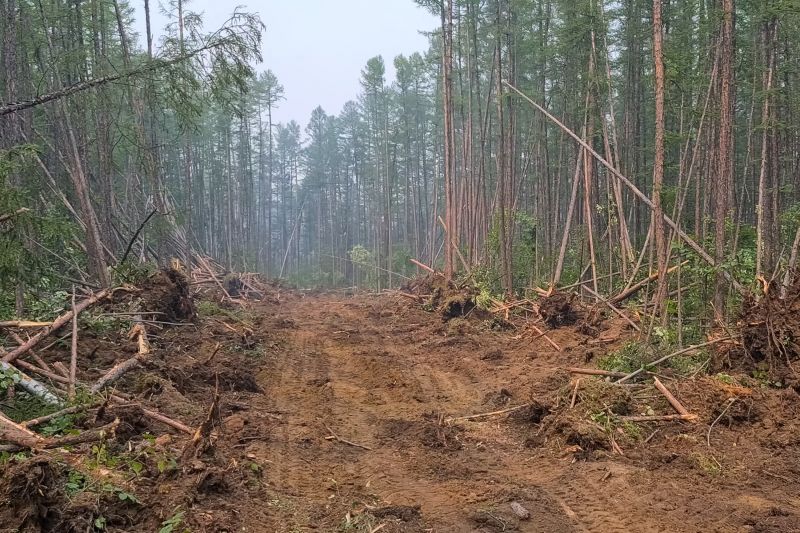
Popular materials for Land Clearings and why they hold up over time.
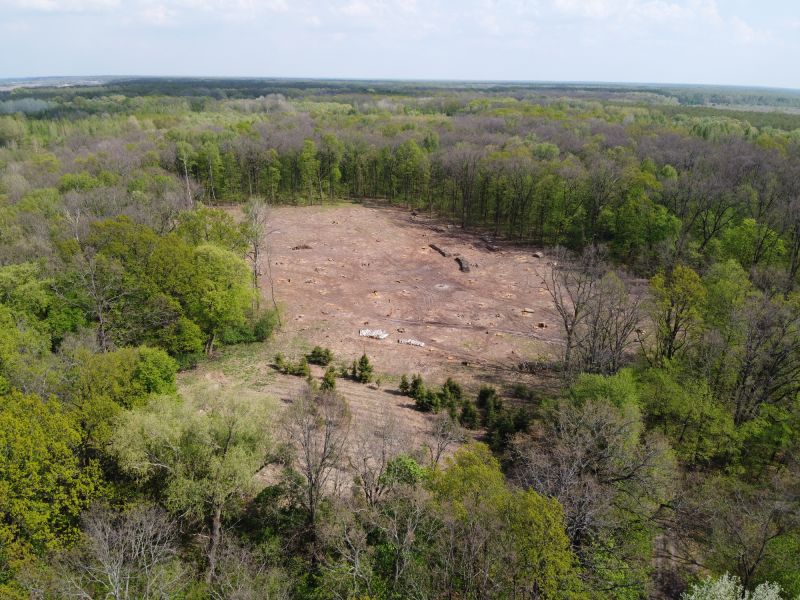
Simple add-ons that improve Land Clearings without blowing the budget.
Weather patterns influence soil stability and vegetation density, affecting the timing of land clearing projects.
Dry soils are easier to work with and reduce equipment wear, making late summer and early fall optimal for clearing.
Clearing before peak growth seasons minimizes the effort required and reduces project duration.
Certain times of year allow for better equipment operation due to soil and weather conditions.
Land clearing involves removing trees, brush, and other vegetation to prepare land for development or agriculture. Proper timing ensures minimal disruption to surrounding ecosystems and reduces operational costs. In West Fargo, seasonal variations significantly influence the ease and success of land clearing projects.
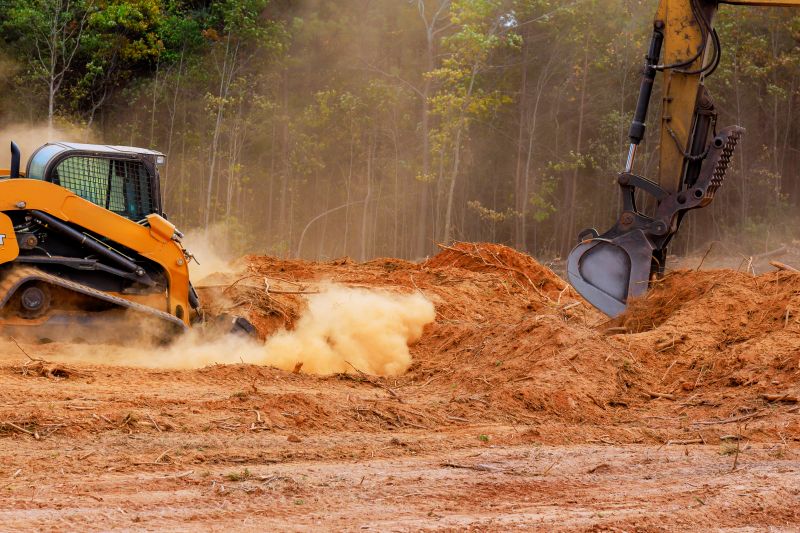
Heavy machinery such as bulldozers and excavators are used to efficiently remove vegetation and prepare land.
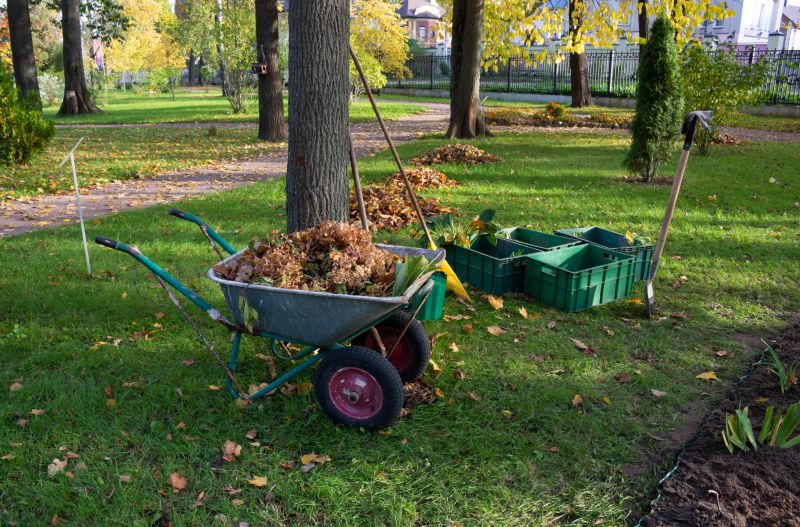
Clearing involves cutting, grinding, and hauling away trees, shrubs, and debris.
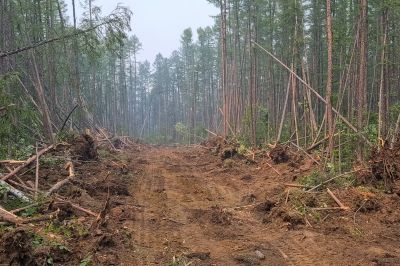
Post-clearing, land may require grading and soil stabilization for future use.
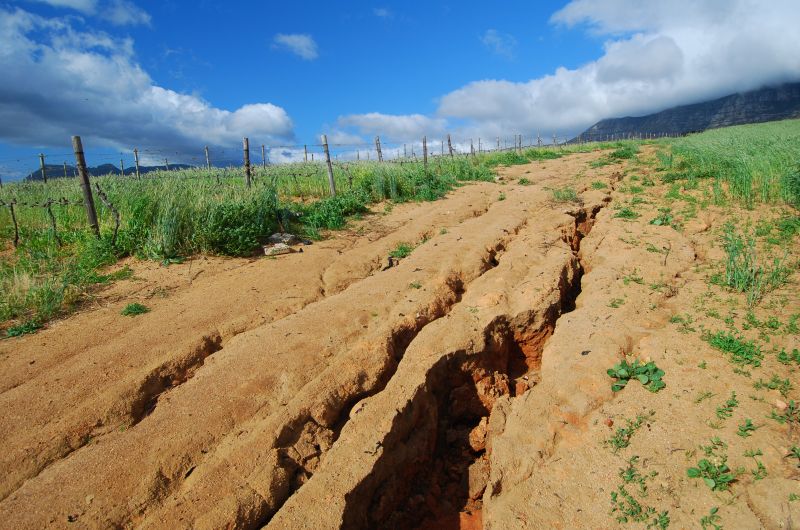
Proper timing and techniques help prevent soil erosion and preserve land quality.
| Season | Advantages |
|---|---|
| Spring | Moderate soil moisture; less vegetation; ideal for early projects. |
| Summer | Longer daylight hours; suitable during dry spells. |
| Fall | Cooler temperatures; drier soil; good for late-season clearing. |
| Winter | Limited activity; frozen ground can hinder equipment use. |
